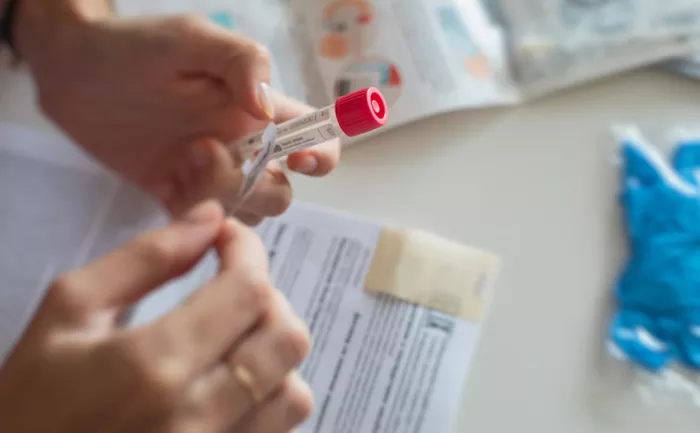As at-home health tests gain popularity for their convenience and privacy, experts caution that while these tests offer valuable access to medical screening, they are not a complete substitute for professional healthcare.
Available tests range from saliva or blood samples sent to labs—like the newly approved at-home cervical cancer screening—to instant-result kits for COVID-19 and pregnancy.
At-home testing benefits include improved access for people in remote areas and reduced anxiety for those uncomfortable with clinical visits, especially in sensitive areas like HIV screening. However, experts warn that these tests have limitations.
They may miss broader health issues detectable only through in-person exams, and self-interpretation of results can lead to confusion or delayed treatment.
Healthcare professionals emphasize that at-home tests should be FDA-approved and used as an initial step, followed by consultation with medical providers to ensure accurate diagnosis and appropriate care. Ultimately, combining self-testing with professional guidance offers the best path to effective health management.


